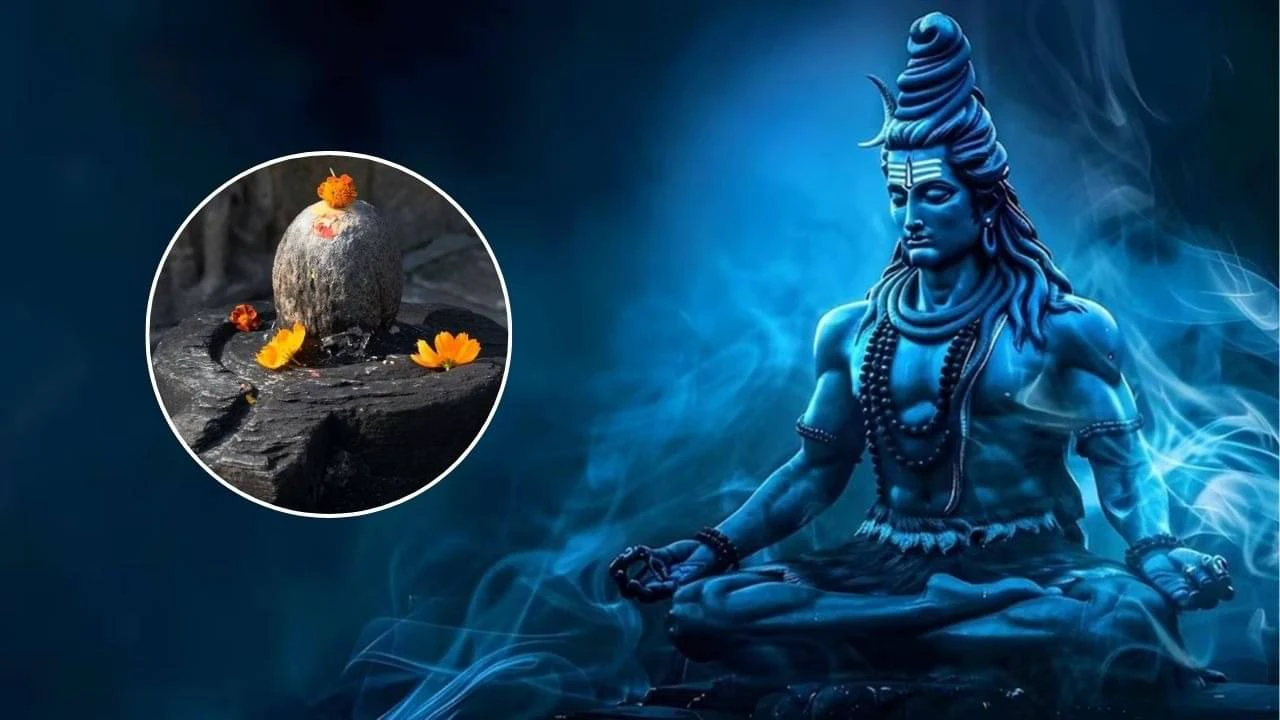The holy month of Shravan, also known as Sawan, is one of the most auspicious months of the year and carries deep spiritual significance for Lord Shiva’s devotees.
People mark this sacred time with fasting, prayers, and rituals, placing special emphasis on Mondays, popularly known as Shravan Somwar or Sawan Somwar Vrat. Here’s all you need to know.
What are the Sawan fasting rituals and their importance?
During the month of Sawan, devotees fast every Monday to receive Lord Shiva’s blessings. Many also observe the Solah Somwar Vrat, which involves fasting for sixteen consecutive Mondays. Tuesdays are dedicated to Goddess Parvati, and people follow the Mangal Gauri Vrat on this day. Key events in this sacred month include Sawan Shivratri and Hariyali Amavasya.
Reports suggest that before Sawan 2025 begins, people should purify their homes to welcome divine energy. Clean the entire house thoroughly, focusing on the puja room or any sacred area. Sprinkling Ganga Jal helps eliminate negative energy and attract positive vibrations. Following Vastu guidelines during Sawan is said to support spiritual harmony, enhance energy flow, and strengthen the impact of Shiva worship and Monday fasts.
Subh Muhurat and what not to do on Sawan
Drik Panchang states that the auspicious month of Sawan will begin on 11 July and end on 9 August this year. The holy month will conclude with the much-awaited festival of Rakshabandhan, which also falls on 9 August.
In Hinduism, the month of Sawan or Shravan holds great religious importance. During this period, people are advised to follow a vegetarian diet, avoid onion, garlic, and alcohol, and observe a fast every Monday. According to tradition, donating milk or dairy products during this month is considered highly auspicious.
